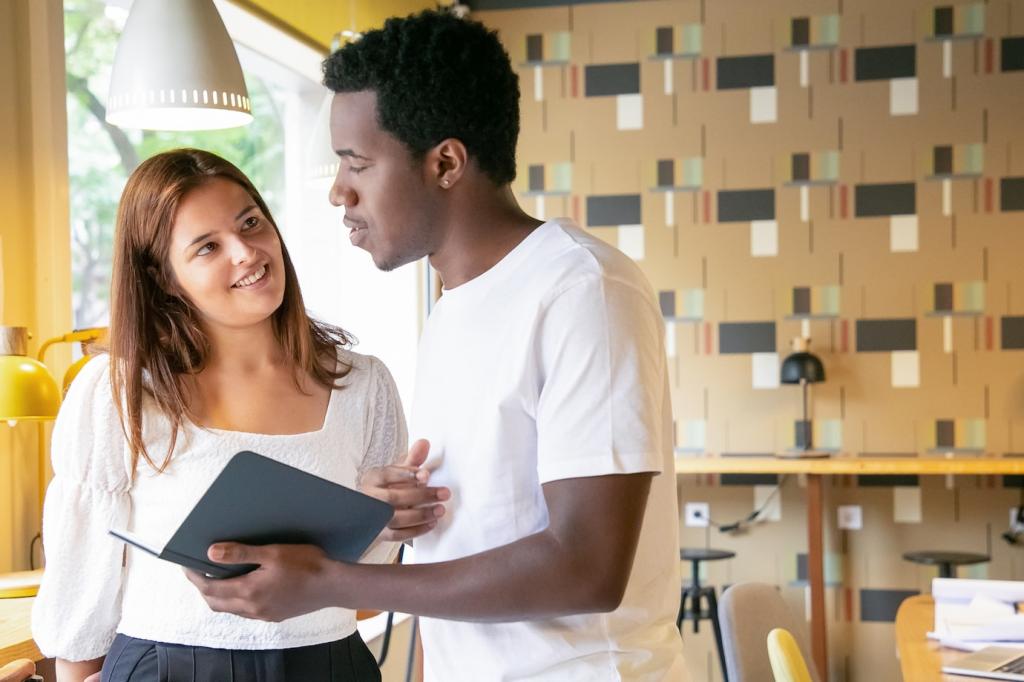Rituals, Heritage, and Sacred Spaces
Modesty varies, but intention shows. Carry a light scarf, remove shoes when requested, and silence devices. In Varanasi, covering shoulders and speaking softly changed our reception from tolerated to welcome. Preparation proves respect and keeps sacred spaces centered on meaning, not spectacle.
Rituals, Heritage, and Sacred Spaces
Some rituals are not performances. When in doubt, do not shoot. Ask your guide, observe others, and accept no as full answer. We once traded photos for participation in a Ghanaian drum circle; saying no to the camera gave us yes to presence.



